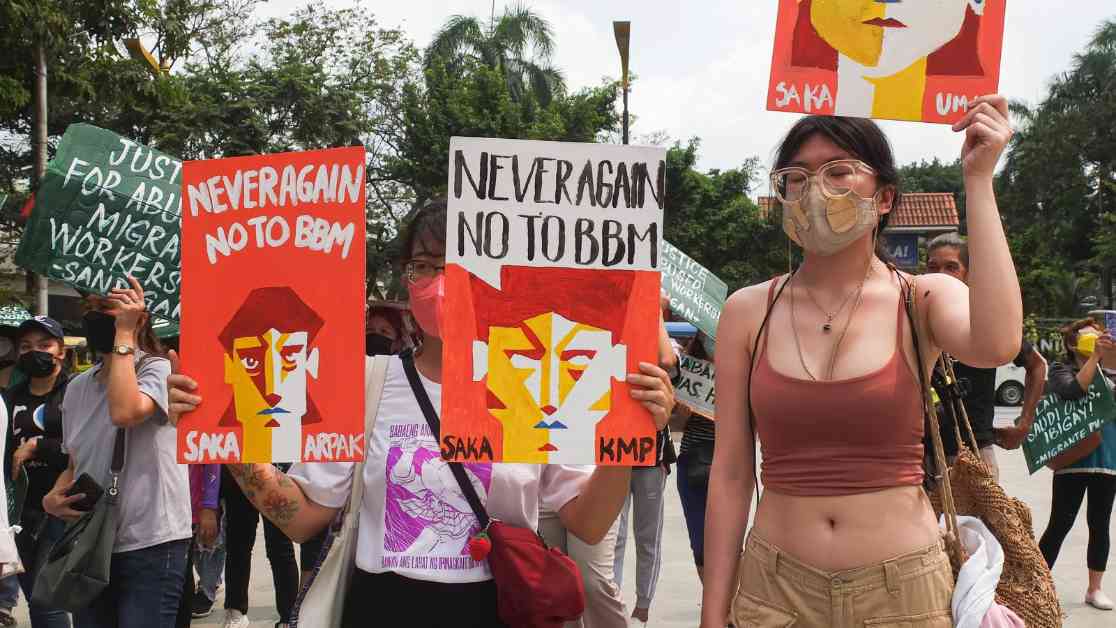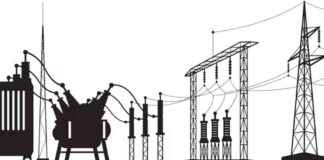Protecting Indigenous Land Rights: Addressing Disproportionate Violence and Threats
In a groundbreaking study that sheds light on the alarming reality faced by Indigenous land defenders worldwide, researchers have highlighted the urgent need to address the escalating violence and threats targeting these courageous individuals. The study, conducted by the Alliance for Land, Indigenous, and Environmental Defenders (ALLIED), revealed a concerning trend of physical attacks and nonlethal incidents against land defenders, with Indigenous communities disproportionately affected.
The report unveiled grim statistics, indicating that in 2022 alone, 177 land defenders lost their lives in the line of duty. These defenders, often local community members striving to protect their ancestral lands from destructive development projects, face a myriad of dangers ranging from verbal and written threats to arbitrary detentions, kidnappings, and physical assaults. The perpetrators behind these acts of violence include paramilitary forces, police, local government officials, private security guards, and corporations.
Insights from the Study
ALLIED’s comprehensive research drew on a variety of sources, including news outlets, social media posts, eyewitness interviews, court filings, and police reports. The data collected highlighted the harrowing experiences of land defenders worldwide, with approximately 916 nonlethal incidents recorded across 46 countries in 2022. Notably, Indigenous individuals accounted for nearly a quarter of the victims, despite comprising only 6 percent of the global population.
Risk Factors and Recommendations
The report identified several risk factors contributing to the heightened vulnerability of Indigenous land defenders, including vague land rights, the presence of private businesses in communities, and weak rule of law. To address these challenges, the study emphasized the importance of developing early warning mechanisms using data insights and fostering transparency in areas where legal protections are lacking.
Expert Perspectives
Philippe Le Billon, a prominent expert on natural resources and armed conflicts, emphasized the significance of leveraging data to prevent further violence and hold accountable those responsible for threats and attacks against Indigenous communities. He underscored the need for companies to prioritize community engagement and establish conflict resolution mechanisms to mitigate tensions arising from development projects.
As the international community grapples with the urgent need to protect Indigenous land rights, the upcoming United Nations climate change conference (COP30) in Brazil presents a crucial opportunity for stakeholders to address the pervasive threats faced by land defenders. Through collaborative efforts and a commitment to justice, we can work towards a future where Indigenous communities are safeguarded and empowered to protect their ancestral lands.














